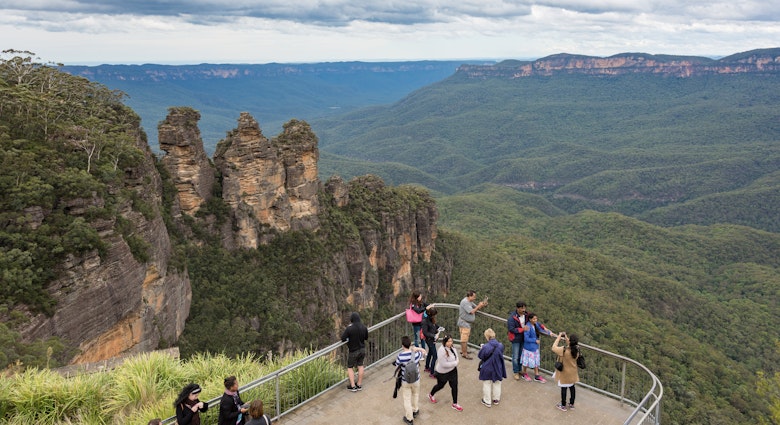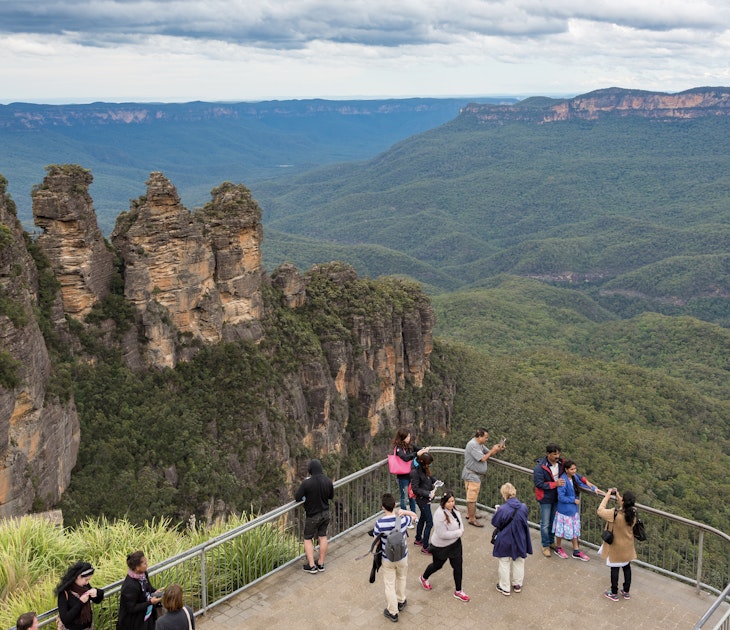
Hundreds of California mountain lions have suffered during the wildfires this year

Nov 5, 2020 • 2 min read

One conservation organization estimates that hundreds of mountain lions have been affected © Steven Bobzien, courtesy of Panthera
It’s been a particularly brutal wildfire season in California, with record-breaking blazes shuttering state parks and prompting tens of thousands of residents to evacuate from their homes and communities. And humans haven’t been the only ones affected: the fires have killed, injured or negatively impacted hundreds of the state’s mountain lions – a potentially damaging blow to a species whose survival is already under threat.
This year’s wildfires have had an effect on up to 15% of California’s mountain lion population – anywhere between 300 and 600 of the big cats, according to estimates from Panthera, the global wild cat conservation organization. To arrive at those numbers, Panthera’s scientists looked at mountain lion density data and fire perimeter maps to create habitat-specific estimates, a press release for the organization states.

“California’s native wildlife and plants evolved in habitats with regular fires, but these mega-fires present a whole new challenge,” Panthera Puma Program conservation scientist Veronica Yovovich said in a statement. “Climate change has made fires bigger, longer and more frequent. Compounding fire with pressures from illegal killing, vehicle collisions, rodenticides and other toxicants and conflict with humans, mountain lions face more threats now than ever.”
So far, the California wildfires have consumed nearly 4.2 million acres in 2020, a year-to-date tally that far exceeds all previous year-end totals. As a result, the state’s mountain lions – also known as pumas or cougars – have experienced habitat devastation and familial disruption, with more than a few cubs left orphaned and injured. Three such puma kittens are now under the care of the Oakland Zoo, with one, nicknamed Captain Cal, recovering from serious burns to all four paws.
“In addition to putting mountain lions in immediate physical danger, wildfires force them to flee to unfamiliar territories where they don’t know how to find food, avoid people or navigate around dangerous highways,” Puma Program director Dr. Mark Elbroch said in a statement. “As this year’s wildfires wreak unprecedented damage, it’s more important than ever to protect the remaining habitats of this species, which plays a critical role in helping ecosystems heal and recover from fires -- from increasing linkages in food webs to enriching soils and plant communities.”
For more on Panthera’s conservation efforts, visit panthera.org.
You may also like:
California's oldest state park is closed for 12 months following devastating wildfires
Endangered tigers have returned to western Thailand
This live-cam wild cat footage takes adorable animal content to the next level
Explore related stories

Beaches
These 5 day trips from Sydney will show you the splendors of New South WalesNov 22, 2024 • 7 min read

 Wildlife & NatureDay trips from New Orleans: 9 can't-miss jaunts from The Big Easy
Wildlife & NatureDay trips from New Orleans: 9 can't-miss jaunts from The Big EasyNov 21, 2024 • 6 min read
 Wildlife & NatureHidden treasures: Where locals love to travel in Argentina
Wildlife & NatureHidden treasures: Where locals love to travel in ArgentinaNov 21, 2024 • 5 min read


 ArchitectureThe ultimate guide to Tibetan Buddhist monasteries: exploring gompas in the Himalayas
ArchitectureThe ultimate guide to Tibetan Buddhist monasteries: exploring gompas in the HimalayasNov 22, 2024 • 7 min read

 Festivals & EventsChristmas dinners around the world: choose your favorite festive dishes
Festivals & EventsChristmas dinners around the world: choose your favorite festive dishesNov 22, 2024 • 5 min read

